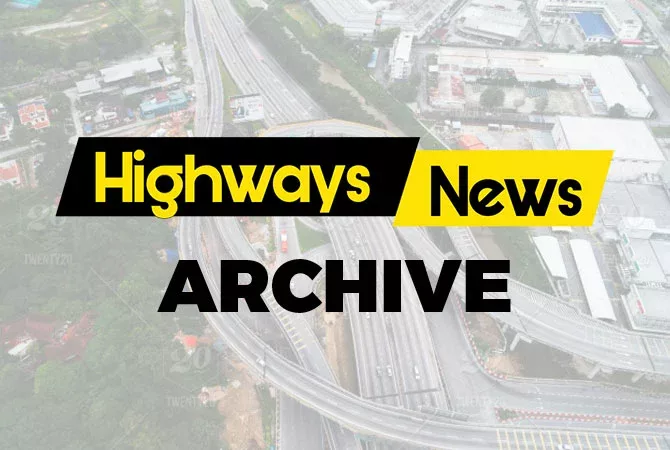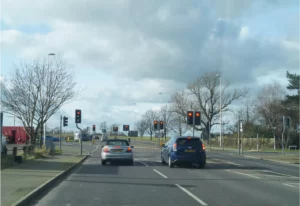The latest Transport Technology Forum report into the value of connected vehicles is highlighting how technology boosts productivity, increases safety, helps revitalise high streets and reduces real-world costs.
The State of the Connected Nation report summarises a range of Department for Transport funded C-ITS Pilot Projects which have already delivered benefits. These include smarter parking, using new data to address road maintenance, better ways to set traffic signals to reduce emissions and congestion, and providing better information and intelligence.
The projects took place across a wide range of local highway authorities, examining the use of emerging technologies and making use of public and private data. Projects addressed areas such as smart parking, asset management, opening up of data and signal phase and timing with the aim of trialling new solutions to the challenges faced by local authorities.
The report details a range of benefits such as cutting emissions and particulates by using technology to reduce stops at traffic signals by 14 per cent, improving the efficiency of traffic signal timings to cut delays by up to 30 per cent and using connected vehicles to measure road quality, leading to a five per cent cut in maintenance costs.
It also shows how smart parking solutions have improved the attractiveness of travelling to town centres while reducing congestion caused by people looking for a space, and how a national dataset has helped respond to the Covid-19 crisis.
“The question that most often springs to my mind when someone is singing the praises of some clever new technology is ‘so what?’,” writes TTF Chair Steve Gooding in his Foreword, “In what way, precisely, is this new invention going to help make the world a better place, are you sure it really works, and could anyone actually afford it? Happily, this report sets out to answer all of those questions… these are not the sort of multi-million-pound projects that tend to grab the headlines, rather they demonstrate that more modest budgets can deliver practical options for tackling real-world issues – including the ever-present challenge of cutting the cost of asset management.”
The report also highlights challenges that still exist, such as siloed data and a lack of resources and skills in local authorities faced with increasing pressures on the “day job”. It identifies the need for “seamless services between authorities across one nation [that] must capture more information on benefits to inform wider investment in future mobility” and proposes next steps that include moving from paper-based to digital traffic regulations, opening up data in many more towns and cities, and making the whole roads maintenance chain able to exploit data from vehicles.
You can read the document at https://www.ttf.uk.net/publications/





















